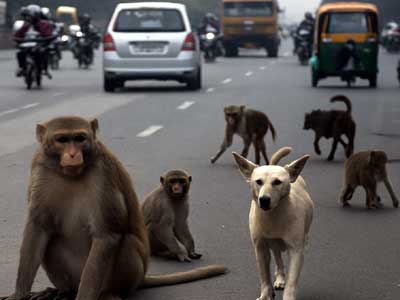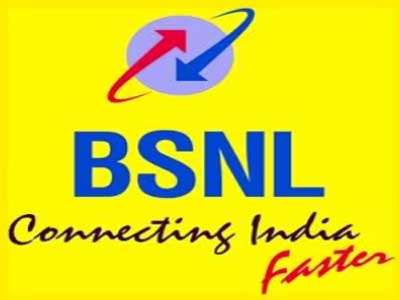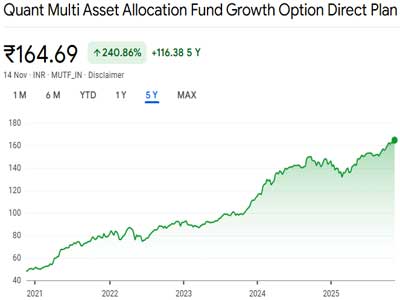On May 12 evening, Prime Minister Narendra Modi, in a 30-minute televised address, presented a clear and resolute vision and operational strategy against terrorism. His speech was not only inspiring but also reflected his unwavering commitment to national security. Modi spoke of concrete steps and a strategic approach to eradicate terrorism from its roots, instilling confidence among citizens.
His words radiated clarity and confidence as he highlighted India’s strong position on the global stage and its zero-tolerance policy against terrorism. This message served as a stern warning to terrorists while reassuring citizens that the government is making every possible effort to ensure their safety.
Read in Hindi: गुमराह करने वाली कहानी है इंदिरा और मोदी की तुलना
Inspiring the youth, Modi emphasised that the unity and integrity of the nation are paramount. His bold and visionary approach will prove to be a milestone in establishing India as a secure and powerful nation. This speech was a moment of pride for every Indian.
Meanwhile, some misguided and prejudiced social media warriors have been fueling a debate: Is Narendra Modi like Indira Gandhi? Some argue that Indira Gandhi’s creation of Bangladesh in the 1971 war was an achievement Modi has not matched. However, this comparison not only misinterprets history but also ignores today’s ground realities and international dynamics.
The truth is that the formation of Bangladesh in 1971 was not solely Indira Gandhi’s victory. It was the result of the struggle of East Pakistan’s, i.e. now Bangladesh, people, who rose against the military oppression of West Pakistan, i.e. now Pakistan. In 1970, Sheikh Mujibur Rahman’s Awami League won the elections but was denied power. This led to an uprising, and millions sought refuge in India due to Pakistan’s brutal crackdown.
On December 3, 1971, Pakistan attacked first, forcing India to retaliate. The war resulted in Bangladesh’s independence—a consequence of circumstances, not a premeditated victory.
The 1972 Shimla Agreement saw India release more than 90,000 Pakistani prisoners, but it failed to resolve the Kashmir issue permanently. Today, Bangladesh is a ‘friendly’ nation, yet radicalism and anti-India sentiments occasionally flare up.
Comparing 1971 with today is flawed. Pakistan is now a nuclear power, and direct war could be catastrophic for both nations. Instead, the Modi government has adopted a strategy of dismantling Pakistan’s terror infrastructure, evident in the 2016 surgical strikes and the 2019 Balakot airstrike. These actions sent a global message: India does not fear.
Modi’s government has also successfully isolated Pakistan internationally. While the US and China backed Pakistan in 1971, today, Pakistan stands globally discredited. India has exposed Pakistan’s terrorism at forums like FATF, the UN, and the G20.
A major achievement of Modi was the abrogation of Article 370 in 2019, fully integrating Jammu & Kashmir into India—something unimaginable during Indira Gandhi’s era. This dealt a severe blow to Pakistan’s Kashmir strategy.
Modi’s ‘Neighbourhood First’ policy has strengthened ties with Nepal, Bhutan, and Bangladesh. In 2023, India successfully hosted the G20, uniting the world against terrorism. Digital India, defence self-reliance, and rapid economic growth have positioned India as a global power, evident in its role in groups like the Quad and I2U2.
Comparing Indira Gandhi and Narendra Modi is not just incorrect—it overlooks the realities of their respective eras. Indira’s leadership was marked by wars and crises, while Modi’s is defined by foresight, strategic acumen, and peaceful strength.
Modi has worked tirelessly to make India strong, self-reliant, and globally respected. As per the IMF, India’s GDP reached $3.94 trillion in 2024. Progress in defense and digital sectors far surpasses that of Gandhi’s time.
Judging Modi solely by the 1971 war ignores India’s modern advancements and evolving strength. Today’s world demands wisdom and statesmanship, and Modi’s vision is leading India precisely on that path.


















Related Items
How foul language became our national safety valve!
Balanced population growth accelerated national development
Trump’s U-Turn and strategic realities of India-US relations